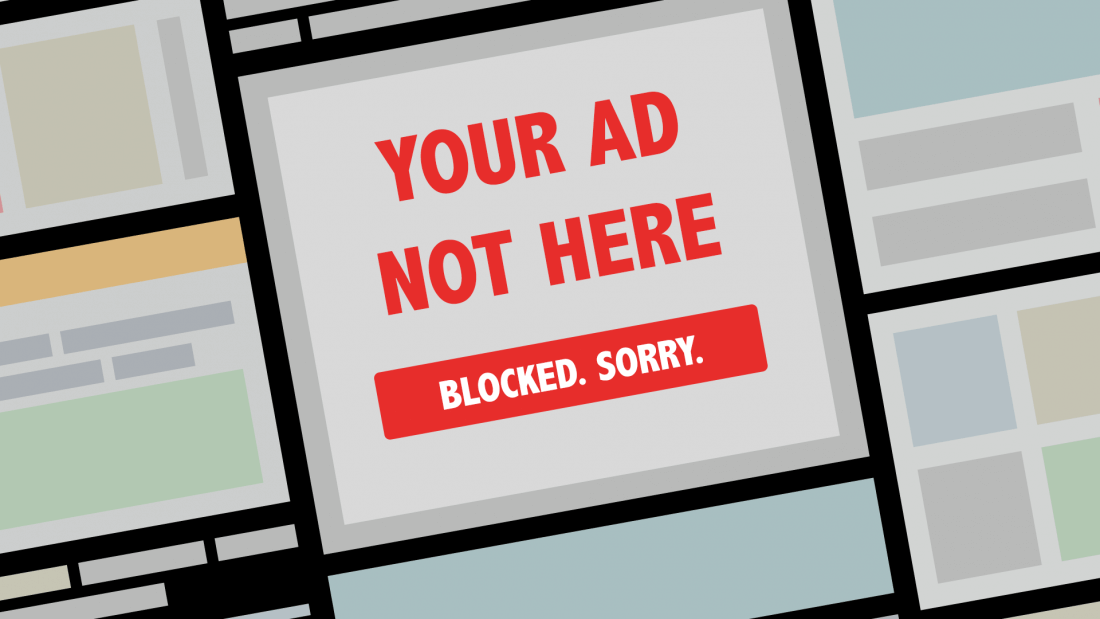
It's no secret that many internet users don't care for ads. While many will accept the occasional non-intrusive ad to help support their favorite websites, online advertisements have gotten quite a bit more sophisticated -- and arguably annoying -- over time.
Pop-ups, pop-unders and autoplaying videos are all common ad formats today. As such, it wasn't a surprise to see the Adblock Plus browser extension take off.
Similarly, it was no surprise to see online content publishers protect their business model by pushing back against adblocking extensions. Some websites have resorted to paywalls while others have turned to polite pop-ups asking users to turn off their adblockers.
One publisher, Europe's Axel Springer, turned to legal action. The publisher brought a case to Germany's Supreme Court with the hope that the court would ban the distribution of Adblock Plus, arguing that serving an extension which blocks online ads while allowing some companies to pay to be "whitelisted" violated Germany's competition laws.
Fortunately for Adblock Plus and its legions of fans, Reuters reports the court today threw out the case, effectively overturning a lower court's ruling that "operating a white list was tantamount to unfair competition."
"We are excited that Germany’s highest court upheld the right every internet citizen possesses to block unwanted advertising online," Adblock Plus said...
Adblock Plus was quick to celebrate their victory with a statement and a GIF. "We are excited that Germany’s highest court upheld the right every internet citizen possesses to block unwanted advertising online," Adblock Plus said after the court's decision.
— Adblock Plus (@AdblockPlus) April 19, 2018
https://www.techspot.com/news/74259-germany-supreme-court-court-throws-out-case-claiming.html